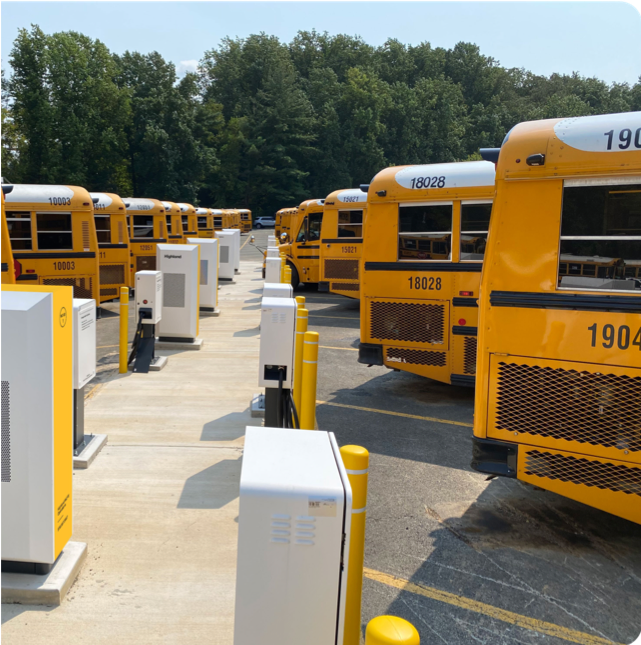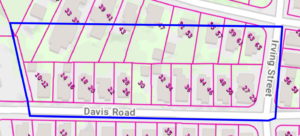
Read the November December 2022 BCF Newsletter
In this issue:
How Belmont Can Switch to Electric Vehicles
If Belmont is to reach its goal of reducing greenhouse gas emissions to 80% of 2007 levels by 2050, all sectors of the community must do their part. The Belmont Energy Committee has proposed an “EV First” policy requiring the town to consider electric vehicles (EVs) for all lightweight vehicle purchases. Read more.
Electric Buses Are Coming to Belmont
With the right conditions, electric school buses (EV) can replace the familiar diesel school bus at a cost that is both financially and environmentally attractive. Read more.
Belmont Goes Electric! Will You?
Presented by Belmont Light, the Belmont Energy Committee, and Sustainable Belmont, this event showcased options including electric vehicles, heat pump systems, and native plant gardens. Read more.
MBTA Zoning May Change Belmont
Belmont is an MBTA community. A new state law (Section 3A of MGL c. 40A) requires MBTA communities to have at least one zoning district of “reasonable size” and a minimum gross density of at least 15 units per acre within half a mile of commuter rail, subway, ferry, or bus station. Read more.
Have You Read the Collins Center Report?
The report discusses the significant financial challenges that Belmont is facing. These challenges include a structural deficit and an organizational structure that impedes the ability of the town to address these challenges. Read more.
Why Care About Removing Invasive Plants?
Valid questions raised about Belmont town efforts to remove invasive species include “Why?” and “What is the goal of a multiyear effort to remove these plants?” and “What do we get for the effort and expense?” Read more.

Illustration of typical objects that may contain PFAS, including waterproof packaging, sprays, and cookware. Photo: State of Wisconsin
How to Reduce Your Risk from PFAS
PFAS are manufactured chemicals that have been used in industry and consumer products worldwide since the 1940s. They are known as the “forever chemicals” because they do not break down in the environment and remain in soil and water for very long periods. Read more.
We Need to Enforce Waste Bans
Of the 5.6 million tons of waste we dispose of in Massachusetts each year, approximately two million tons (~40%) are banned from landfills and incinerators by Massachusetts Department of Environmental Protection (DEP) regulations. Read more.
Letters to the Editor
Readers write about the Belmont Hill School’s parking lot plans and local bike trails. Read more.
Events
Learn about renewable energy, pull Asiatic bittersweet, and think about beavers. Read more.




Sorry, the comment form is closed at this time.